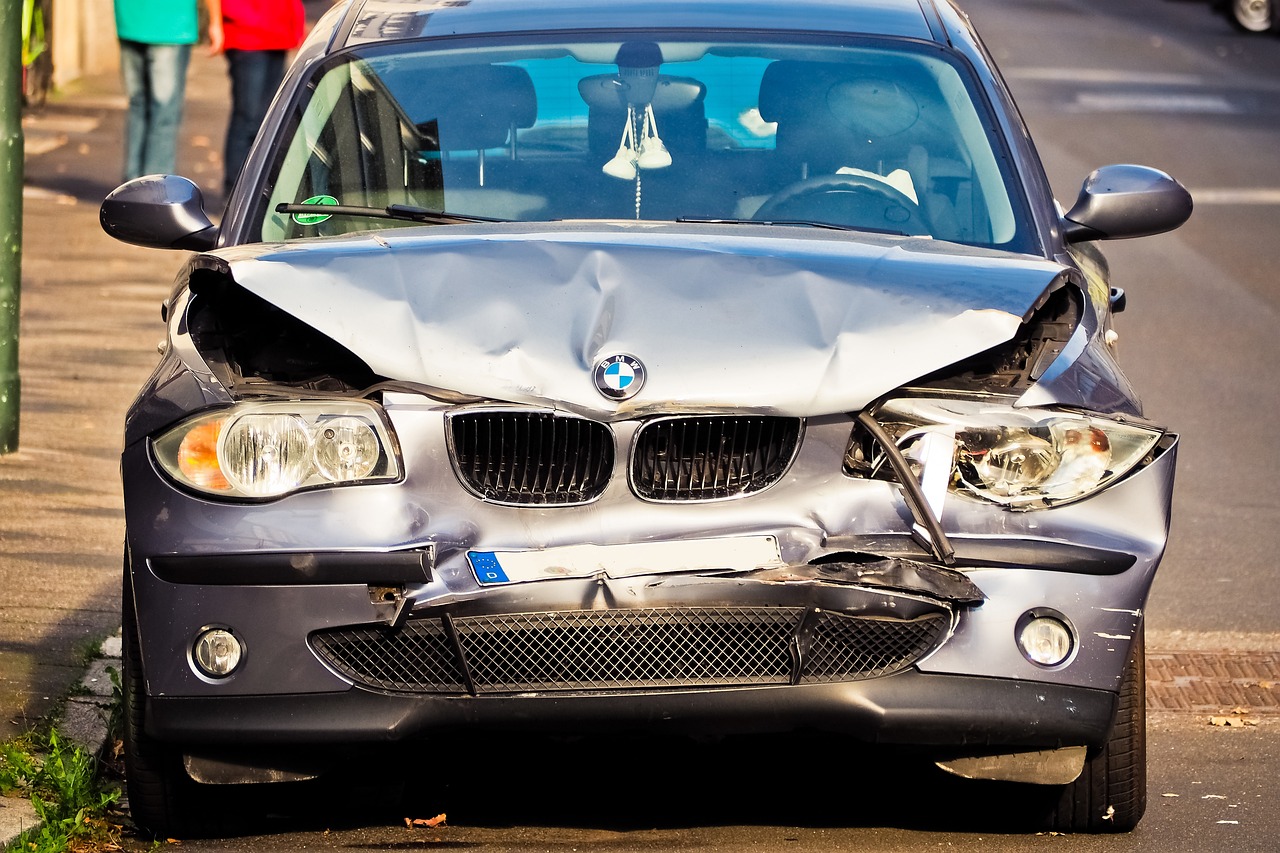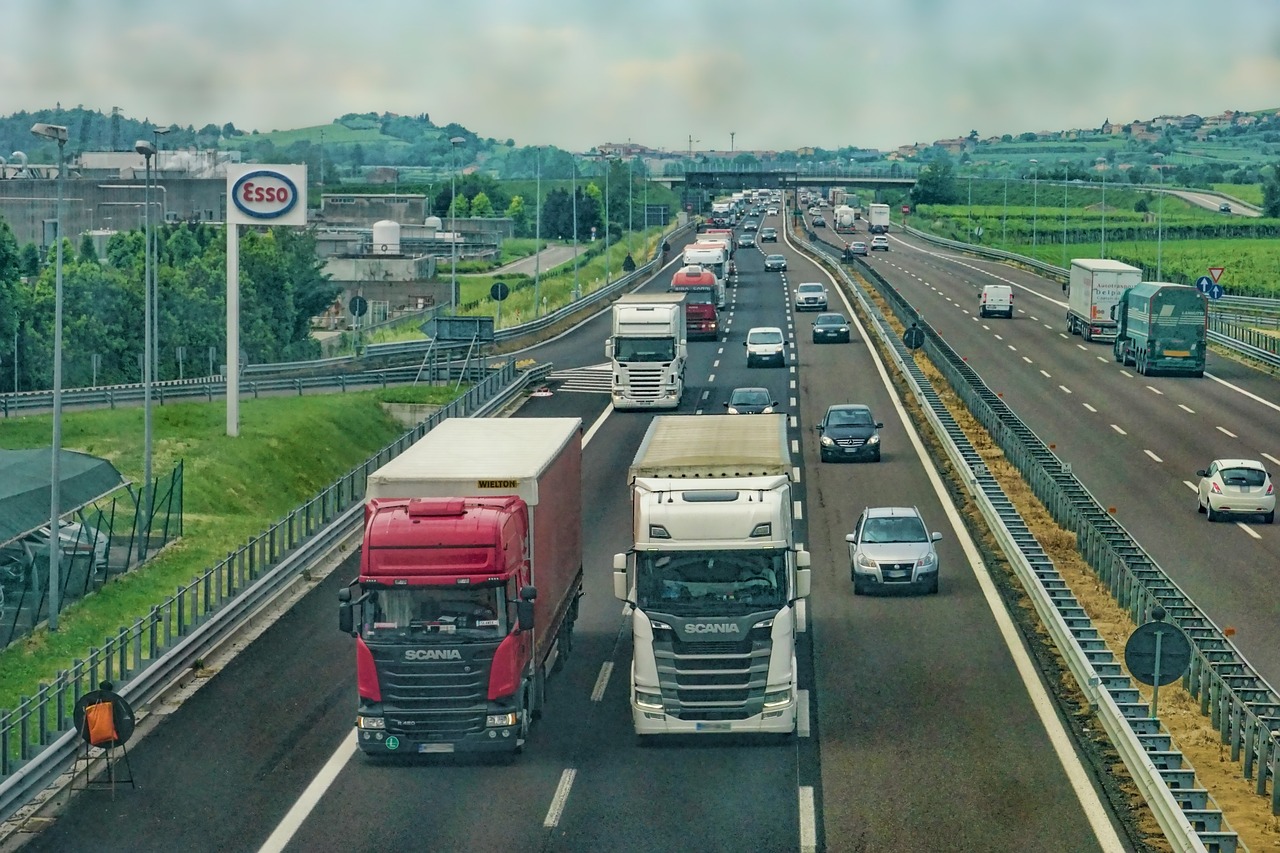Now Reading: Dispelling Common Misconceptions About Car Accidents
-
01
Dispelling Common Misconceptions About Car Accidents

Dispelling Common Misconceptions About Car Accidents
Car accidents are a distressing and often life-altering reality that millions of people around the world face every year. Yet, despite their prevalence, there exist numerous misconceptions and misunderstandings surrounding this critical issue.
Dispelling these misconceptions is of paramount importance, as it not only fosters a clearer understanding of the true nature of car accidents but also plays a pivotal role in promoting safety, protecting rights, and ultimately saving lives.
Join us as we explore the factors and scenarios that should prompt you to seek the counsel of a car accident lawyer, ensuring that you are well-informed and empowered to make the best decisions for your well-being in the wake of a car accident.
Understanding the Frequency of Car Accidents
Car accidents are far more common than many people realize. Contrary to some prevailing misconceptions, these incidents occur with alarming regularity and affect countless lives worldwide.
Recent data reveals that car accidents are a daily occurrence in most countries, with tens of thousands of collisions happening globally each day. These incidents encompass a broad spectrum, ranging from minor fender benders to catastrophic crashes.
Understanding the prevalence of car accidents is a crucial first step in dispelling the myth that they are rare or unlikely to happen to any one individual. This awareness underscores the importance of promoting responsible and safe driving habits as we navigate the roadways.
Causes of Car Accidents
Car accidents are rarely random events; they typically stem from identifiable causes, encompassing both human actions and external factors.
- Human Error: Car accidents predominantly result from human errors such as distracted driving, impaired driving, and reckless behavior. These behaviors significantly elevate the risk of collisions.
- Environmental Factors: Beyond individual actions, environmental conditions also play a pivotal role. Adverse weather, subpar road maintenance, and inadequate signage can create perilous situations on the road.
- Mechanical Failures: Vehicle malfunctions or defects can lead to accidents, underscoring the importance of regular vehicle maintenance and staying informed about recalls.
- Traffic and Congestion: Heavy traffic and congestion are often linked with accidents.
Consequences of Car Accidents
Car accidents have far-reaching consequences that extend well beyond the moment of impact.
Car accidents can result in a wide range of physical injuries, from minor cuts and bruises to life-altering conditions such as paralysis or traumatic brain injuries. It’s crucial to understand that even seemingly minor accidents can lead to long-term health issues.
The emotional toll of car accidents is often underestimated. Survivors may experience post-traumatic stress disorder (PTSD), anxiety, depression, or other psychological challenges. These emotional scars can linger long after physical injuries heal.
On a societal level, car accidents impose substantial economic burdens, from healthcare costs to property damage and loss of productivity. Dispelling the misconception that accidents are solely personal matters underscores the need for comprehensive prevention and support systems.
Common Misconceptions about Car Accident Prevention
Effective car accident prevention requires dispelling misconceptions that might hinder our efforts to make the roads safer.
- Myth: Accidents are Unpredictable: Some believe that accidents are entirely unpredictable, leading to complacency. We will emphasize that while unexpected events can occur, many accidents are preventable through proactive measures.
- Speed Equals Safety: There’s a misconception that driving faster is safer, but we will provide evidence showing that excessive speed is a leading cause of accidents and fatalities.
- Technology is the Sole Solution: While technology plays a vital role in accident prevention, relying solely on it can lead to a false sense of security.
- Seatbelts Are Optional: Some individuals still believe seatbelts are unnecessary. We will underscore the life-saving importance of seatbelt use.
Legal and Insurance Aspects of Car Accidents
It’s essential to grasp the legal responsibilities of parties involved in car accidents. While some believe that fault is immediately clear, legal investigations often determine liability, and assumptions can be misleading.
Insurance plays a pivotal role in car accidents, but there are misconceptions about how it works. We’ll address these myths, emphasizing the importance of timely reporting and the roles of various types of coverage, such as liability, collision, and comprehensive insurance.
However, the goal of insurance companies is to settle claims quickly and for the least amount of money. The complexities of state laws and the specific evidence required to build a strong case mean that the outcome of car accident settlements in Dayton can vary based on the quality of legal representation.
Moreover, understanding the claims process and the potential legal consequences, such as lawsuits and settlements, is crucial. Dispelling misconceptions about insurance and legal matters empowers individuals to navigate the aftermath of an accident more effectively and protects their rights.
What to Do If You’re Involved in a Car Accident
- Prioritize Safety: Ensure the safety of all involved parties. Move to a safe location, activate hazard lights, and check for injuries. Call 911 if anyone requires medical attention.
- Contact Authorities: Notify the police, even in seemingly minor accidents. An official report can be invaluable when dealing with insurance claims and legal matters. Cooperate fully with law enforcement.
- Exchange Information: Exchange contact and insurance information with the other parties involved. Include names, phone numbers, addresses, insurance details, and vehicle license plate numbers. Avoid discussing fault or assigning blame.
- Document the Scene: Use your smartphone or a camera to document the accident scene. Take photographs of vehicle damage, the positioning of vehicles, road conditions, and any relevant traffic signs or signals.
- Gather Witness Statements: If there are witnesses, ask for their contact information and statements. Their accounts may prove crucial in determining fault.
- Notify Your Insurance Company: Report the accident to your insurance company as soon as possible. Provide them with accurate and timely information about the incident.
- Seek Medical Attention: Even if you believe your injuries are minor, it’s essential to seek medical attention promptly. Some injuries may not manifest immediately, and timely documentation is vital for insurance claims.
- Legal Consultation: Depending on the circumstances, consider consulting a car accident attorney. They can provide guidance on your rights, responsibilities, and potential legal actions if necessary.
Conclusion
In the aftermath of a car accident, decisive actions and informed decisions are paramount. Remember, accidents can be disorienting and emotionally taxing, but knowing what to do empowers you to respond effectively.
Prioritizing safety, involving authorities, documenting the scene, and seeking medical attention when needed are fundamental for your well-being. Moreover, timely communication with your insurance company and, when necessary, seeking legal counsel can help navigate the complexities that may arise.
While no one plans for an accident, being prepared and informed can make all the difference. By following the recommended actions outlined here, you can minimize stress, ensure your interests are protected, and pave the way for a smoother recovery after a car accident.










